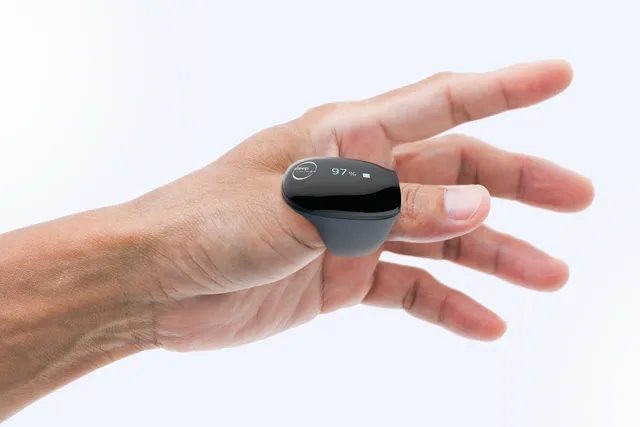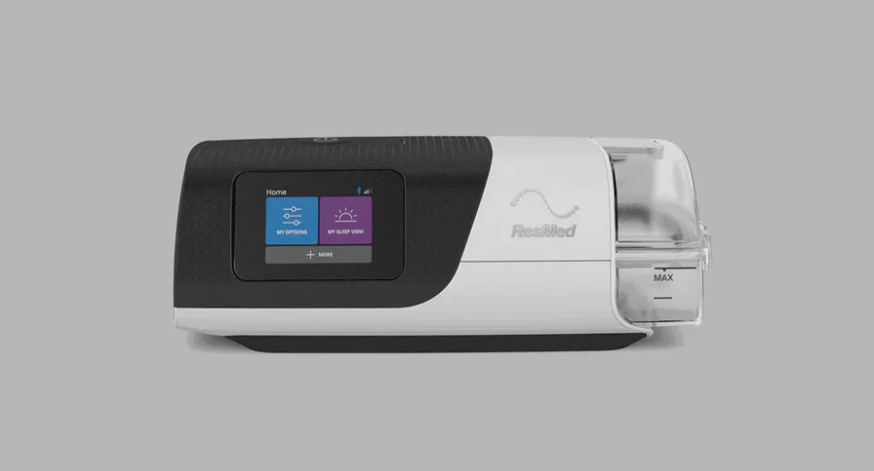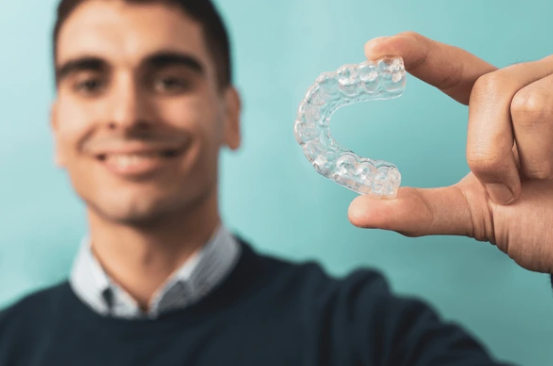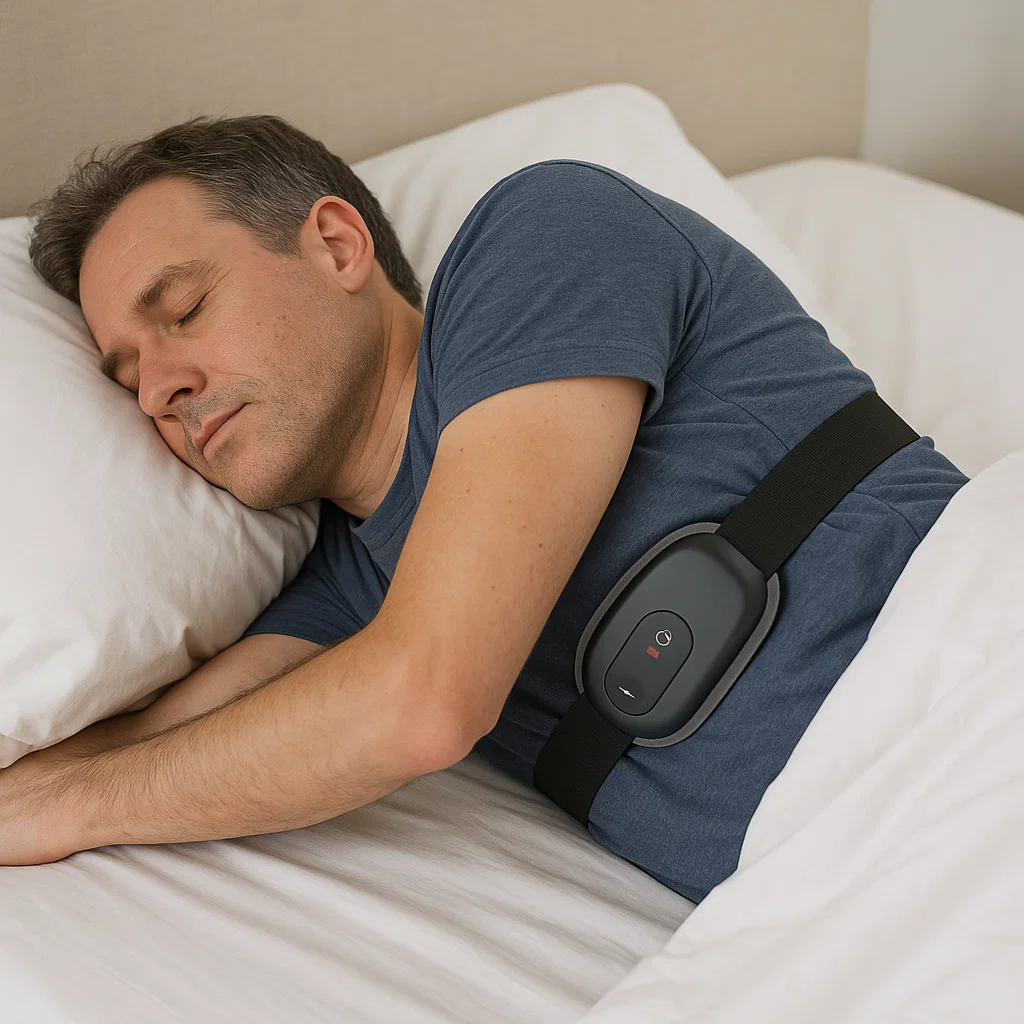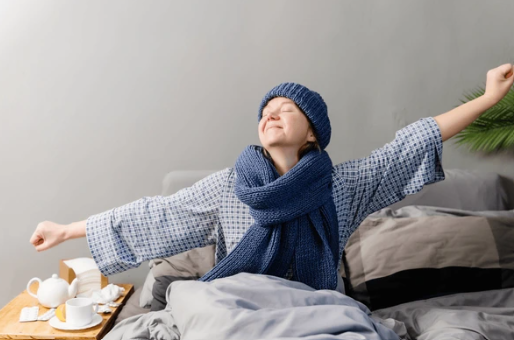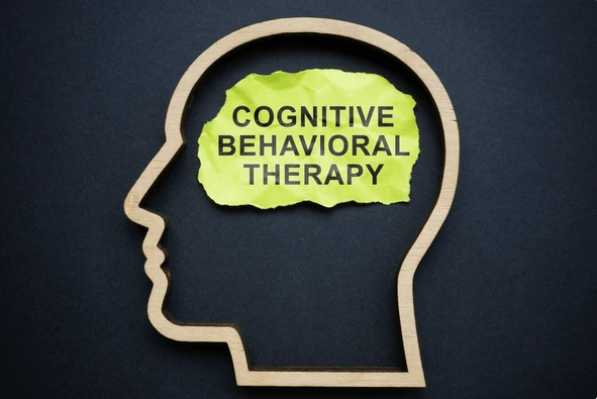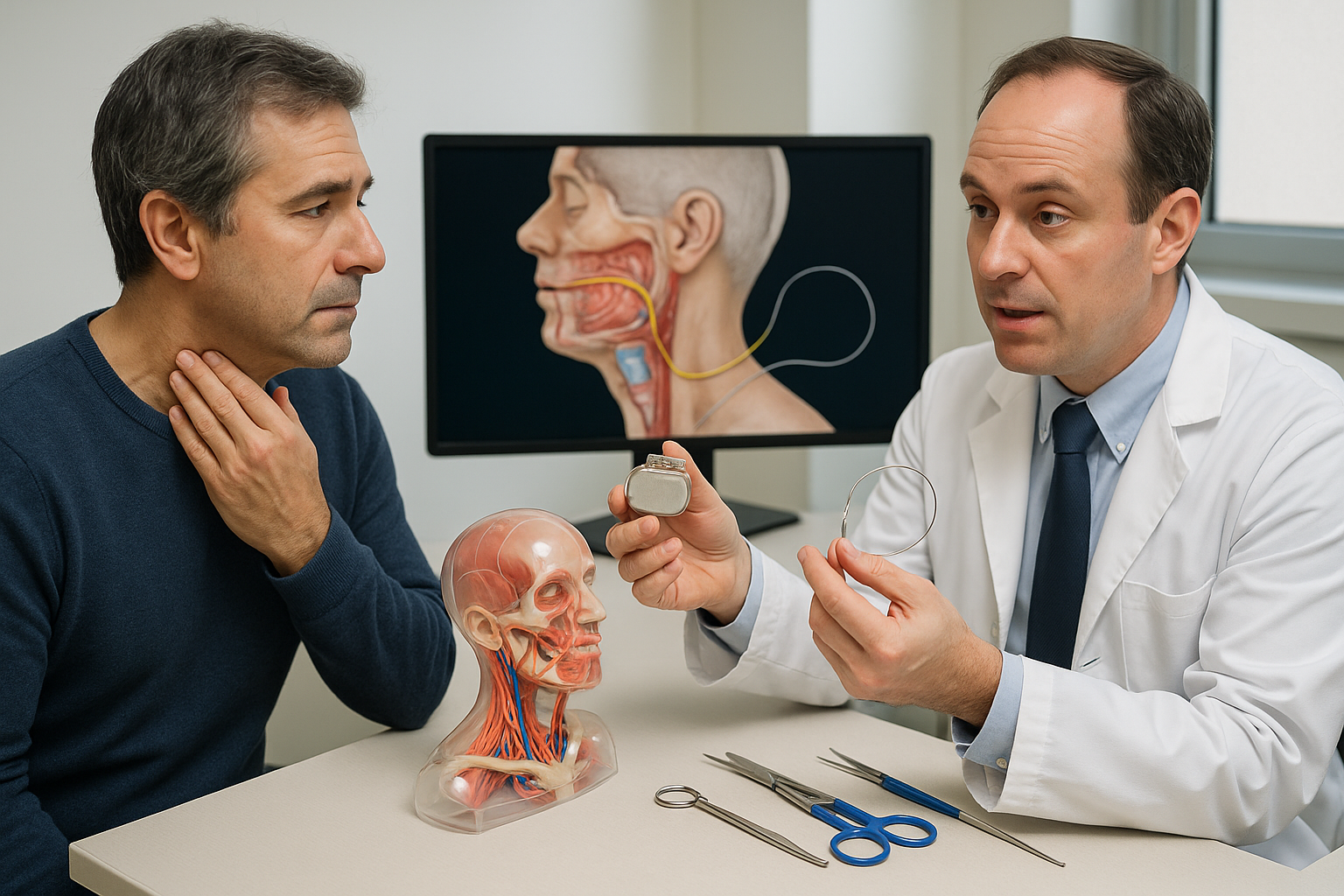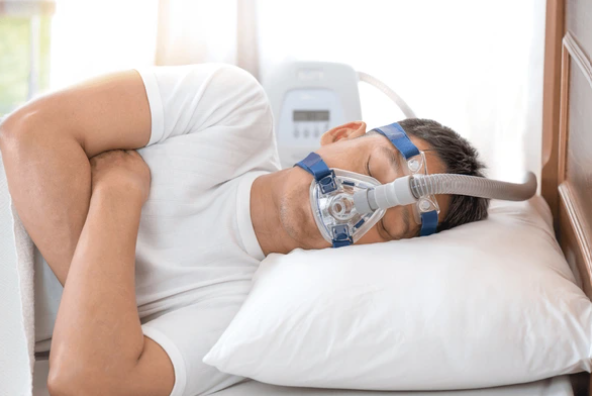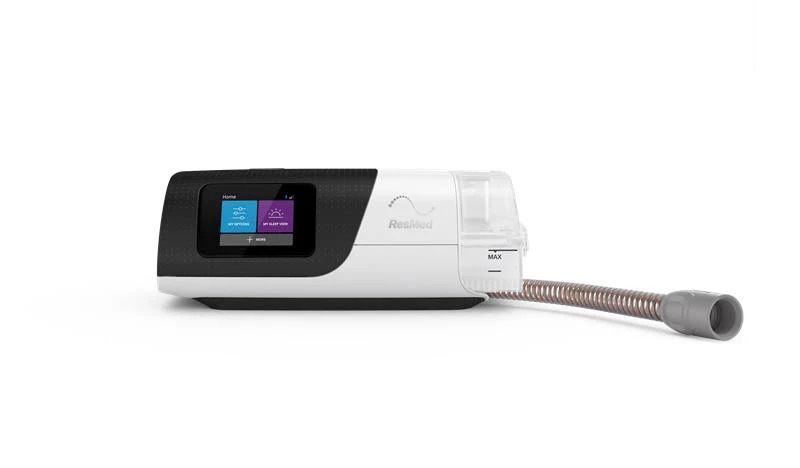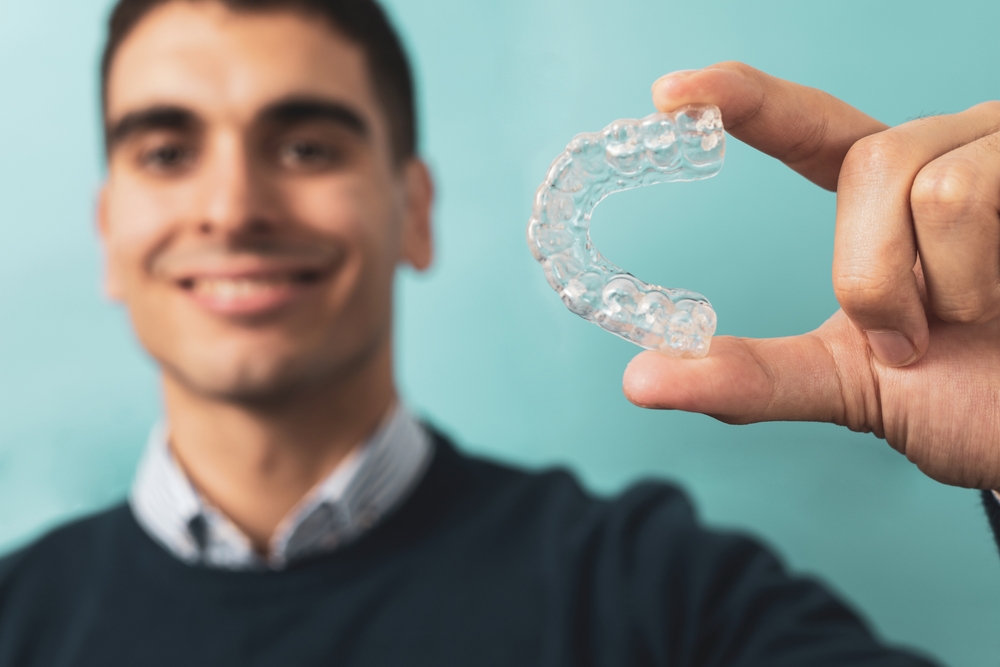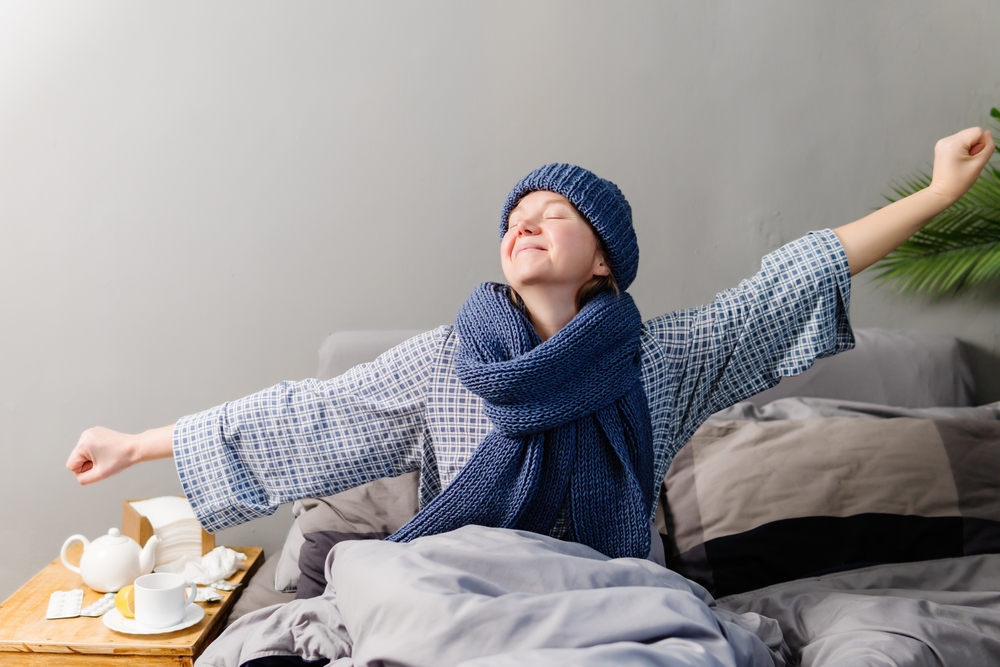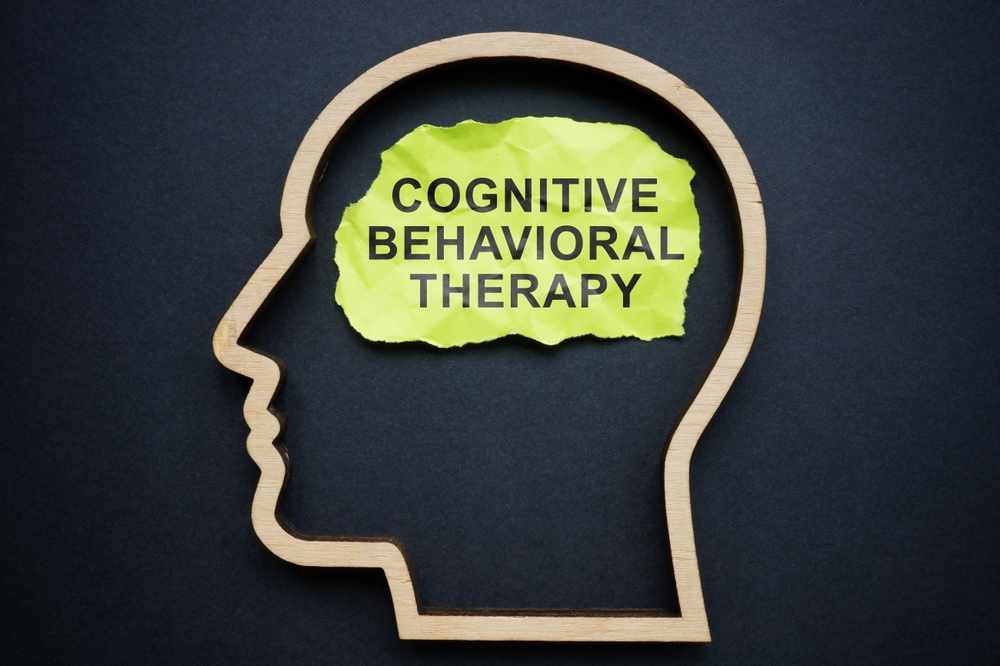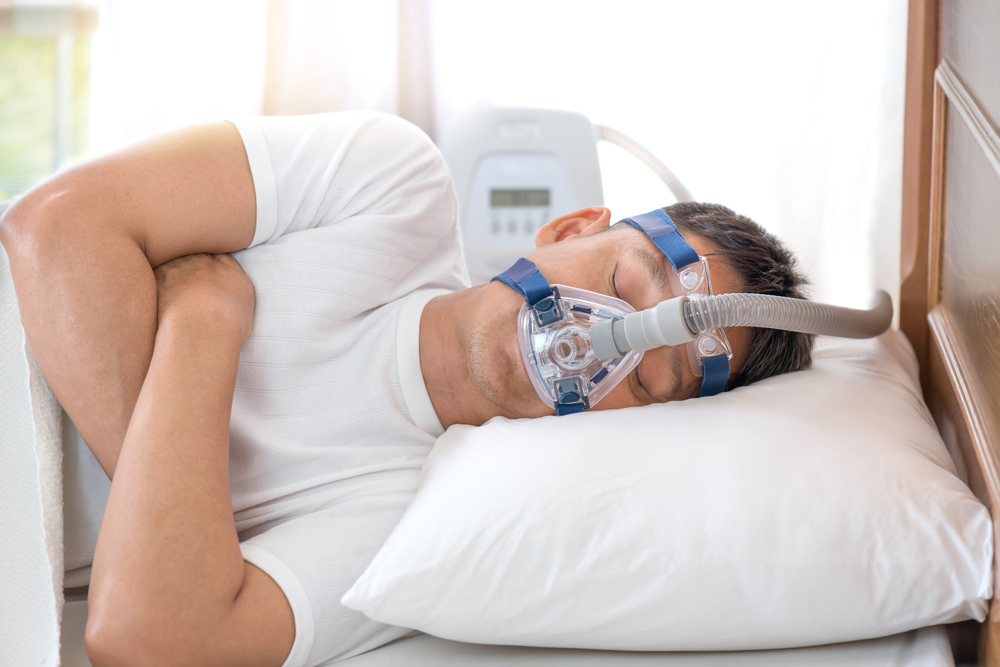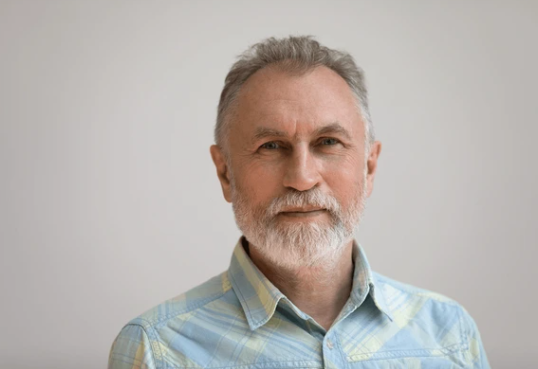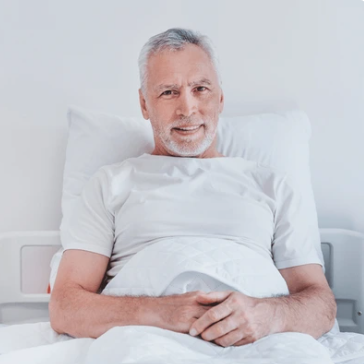Comprehensive Sleep Disorder Treatment
At SleepEz, we understand that each patient's sleep disorder is unique, requiring a personalized approach to treatment. Our comprehensive care model offers a variety of evidence-based treatment options tailored to your specific diagnosis, lifestyle, and preferences.
After your diagnosis, our board-certified sleep specialists will work with you to develop a treatment plan that addresses your specific needs. We consider factors such as the type and severity of your sleep disorder, your medical history, lifestyle, and personal preferences to recommend the most appropriate treatment options.
Our goal is not just to treat your sleep disorder, but to improve your overall health and quality of life through better sleep. With SleepEz, you'll receive ongoing support and monitoring to ensure your treatment remains effective over time.
